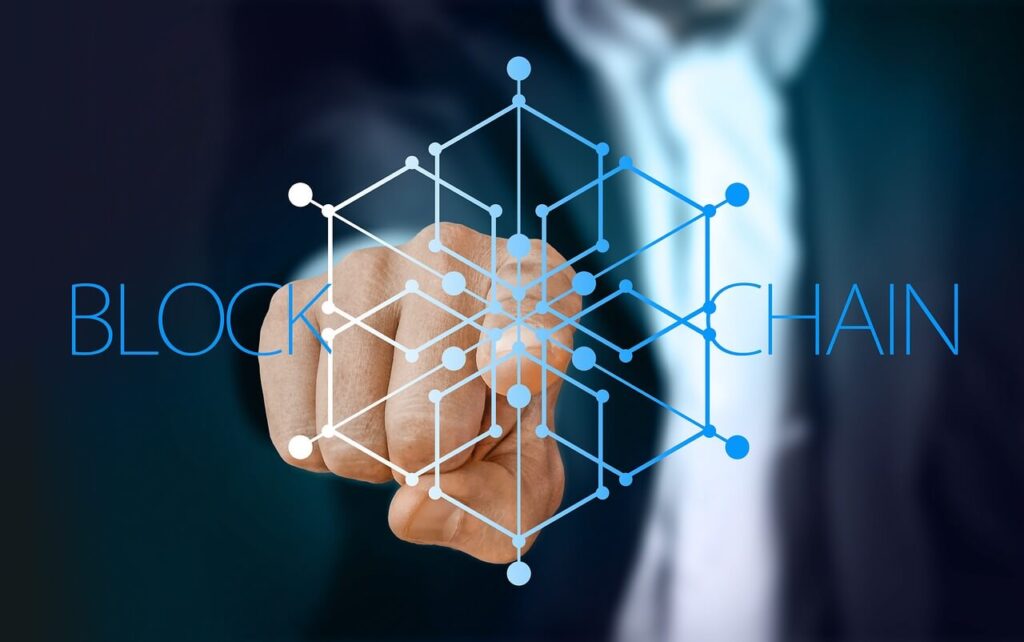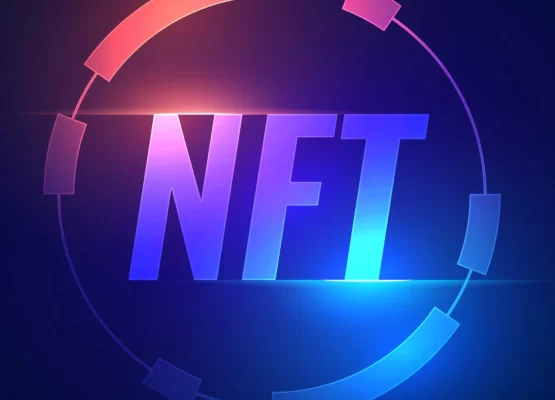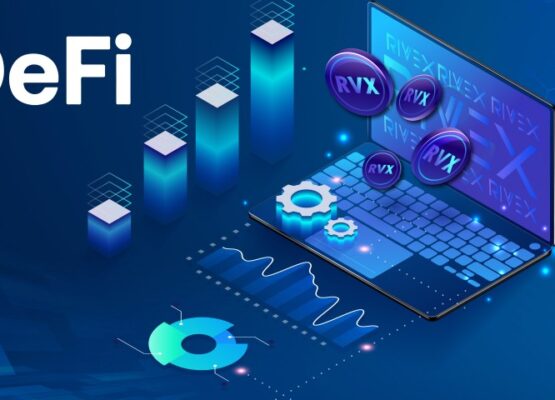Blockchain technology is transforming practically every business in the globe. A few years ago, consumers mainly connected Blockchain with the finance business.
However, many industries, such as healthcare, education, manufacturing, and logistics, rapidly embrace Blockchain in various use cases.
This technology is popular for strong security, transparency, performance, and innovation. Therefore, the blockchain development market is estimated to reach $69B by 2030. This extraordinary increase highlights the incredible possibilities of these breakthrough technologies for diverse industries.
Top organizations generally use a leading blockchain ecommerce marketplace to identify their project’s most applicable Blockchain platform. In this article, we will discuss the top Blockchain platforms in 2023.
What is blockchain technology? What issues does it solve?
First developed in 2008, Blockchain has recently acquired worldwide popularity and has set a benchmark by delivering a secure transaction platform to individuals who may use it for information exchange and data sharing.

It is a book containing a list of transactions, and each page of the book is called a block, so the name- Is Blockchain.
However, people still need to learn more about blockchain technology and how it may impact their life.
By definition, Blockchain is a decentralized and secure database constructed over a network and stores data and relays information in blocks. All the stakeholders in the group remain anonymous.
The blockchain records data in a new block linearly and from all previous blocks. Here, data is accurately encrypted with the help of numerous cryptographic concepts and security algorithms.
Now, before a particular stakeholder adds some data to a blockchain, the transaction must pass validation by miners. Here, miners will receive some reward in terms of money, such as bitcoins.
Here comes the outstanding brilliance of blockchain technology. The network is decentralized, and no single organization controls the data within a blockchain architecture. All transactions are immutable and transparent, and all stakeholders may view them. You cannot alter, remove, or hide any transaction after someone conducts it.
Characteristics Of A Blockchain Platform
Blockchain is a relatively new technology as compared with other legacy technologies. Thus, it would be highly advisable to hire Blockchain developers if you plan to develop your Blockchain solution with a platform. These are some of the most important features of blockchain platforms;
Highly Secure
Cybersecurity is a major concern in almost every industry around the world. Blockchain technology helps improve security since it uses cryptography and a decentralized structure. Above all, this is a very robust method for ensuring protection from cyber criminals and fraud. However, it would be highly advisable to work with the best Blockchain development company to achieve such a level of security in your blockchain solution.
Transparency
In addition to that, data once recorded in the blockchain ledger is immutable and unchangeable, making the whole transaction transparent and accurate. Everyone in the system can see the transaction, who edited it, and when.
Fantastic Resistance Against Tampering
In addition to altering the information or transactions already on the Blockchain, it is also impossible to create new blocks. Blockchain members can see the effects of any changes made to the network in real time. This means that the network will always be aware of any changes. Many businesses employ a specialized blockchain development firm to incorporate this capability into their offerings.
Decentralization
The decentralized ledger system that blockchain technology employs is its foundational tenet. Here, centralization, which causes inaccuracy and other problems, is eliminated because no single entity controls the system.
Accuracy
As previously mentioned, the system is more likely to be accurate when all parties involved fully see all transactions.
Freedom of Exchange
Since the system is decentralized, any interested party may submit a transaction. Thus, all parties involved can act autonomously during transactions.
How Can I Determine Which Blockchain Services to Use?
Several elements contribute to Blockchain’s dependability and quality performance because it is a complicated and advanced-scale technology. Here are some things to think about when comparing and selecting the best blockchain platforms in 2023:
The true rate of the platform
The scalability rate indicates how many transactions per second (TPS) a blockchain network can process. And the amount varies from platform to platform: Ethereum (due to the smart contracts) can manage 25 transactions per second, whereas Bitcoin can only handle 7. Litecoin, on the other hand, can manage only 56 transactions per second, whereas Cardano can handle 250, Ripple can handle 1,500, and Solana can handle 29,000.
The question is whether or not you require all that stuff. To answer that question, consider the information you hope the network analyzes. A higher TPS platform will be far more efficient if your business creates payment software or, for example, a high-transaction gaming app. However, a platform with a low TPS may be more than adequate for a simple data management system.
Remember that lightning-fast processing speed may come at the expense of other factors, such as platform security.
Functionality
The field of blockchain development encompasses many subfields. Both the platform’s features and how they operate are distinct. You’ll want to pick a blockchain platform based on your specific use case.
Examples of blockchain-based platforms include Ethereum, Bitcoin, and Ripple. Their functions are distinct, though. Smart contracts are built on Ethereum to automate corporate processes and decentralized power applications. In international financial dealings, Ripple is supported. In addition, Bitcoin functions as a decentralized digital currency.
The level of network adoption and the people who use it,
Look at the number of users, the number of brands using the network, and if there is a blockchain-centric community. The larger the network’s user base, the more likely you will be able to get help if you run into any problems.
In addition, needs and expectations shift as time goes on. As a result, a platform’s likelihood of receiving consistent updates and correcting all potential flaws or security vulnerabilities increases as its user base grows.
Security
Blockchain technology has advanced safety functions. This is due to the distributed and decentralized nature of the Blockchain. But it doesn’t imply you can ignore the platform’s security measures. It is more prudent to investigate the platform’s security features and protocols.
Cryptography is the foundation of blockchain infrastructure. The platform’s security is only as solid as the cryptographic algorithms used to enable those security functions. Because of this, you need to look into the blockchain platform and see what cryptographic methods it employs.
How does the platform ensure the accuracy of the data stored in its system, and how frequently do updates and improvements get rolled out? It would help if you also examined how the blockchain platform confirms the user’s identity and protects sensitive information.
How Many Nodes There Are
The foundation of any blockchain network is its nodes. It is the total of the blockchain system’s network. When all the nodes in a blockchain system or platform have verified all the conditions, the system or platform will allow transactions or data exchange.
This means that the greater the number of nodes in a network, the more difficult it is to alter the information contained therein. As a result, the blockchain system can trust to record transactions reliably. However, this also increases the length of time needed to verify data.
As a result, the network’s safety and the speed with which transactions can process depend on the number of nodes it employs. Therefore, you should carefully consider whether speed or security is more important to you.
Open or Confidential?
You should think about what kind of Blockchain would be appropriate for your business as you look for a platform to join. Private (or company) blockchains are not open to the general public, but public blockchains are.
Large corporations frequently employ private blockchains due to their ability to restrict access, data visibility, and transaction creation. Therefore, you will require an invitation to join a private network. You’ll likely need to be verified by the network administrator or a predetermined set of rules before being permitted access to the network. In that manner, the ledger is accessible exclusively to the employees or partners of the company that owns it.
Unlike public blockchains, private blockchains allow the owner to make changes to the ledger, including erasing entries that are no longer needed.
Enterprise blockchains are also far quicker than public blockchains. Private blockchains may process and validate transactions and activities far more quickly than public blockchains because fewer people are required to attain a consensus.
On the other hand, public blockchains prioritize user input and openness. Validation Participation of network transactions is open to anyone who wishes to join a public network, and those who do so enjoy the same privileges as other users on the network.
The software’s source code is also freely available to anyone who wants to utilize it. A further perk of public blockchains is that they protect their users’ privacy by requiring them to employ cryptographic codes known as public and private keys to verify their identities.
You and your team need to weigh the benefits and drawbacks of different blockchain technologies before settling on one for your business. It is also a good idea to consult with professionals to assist you in determining which option is most suitable for your needs.




